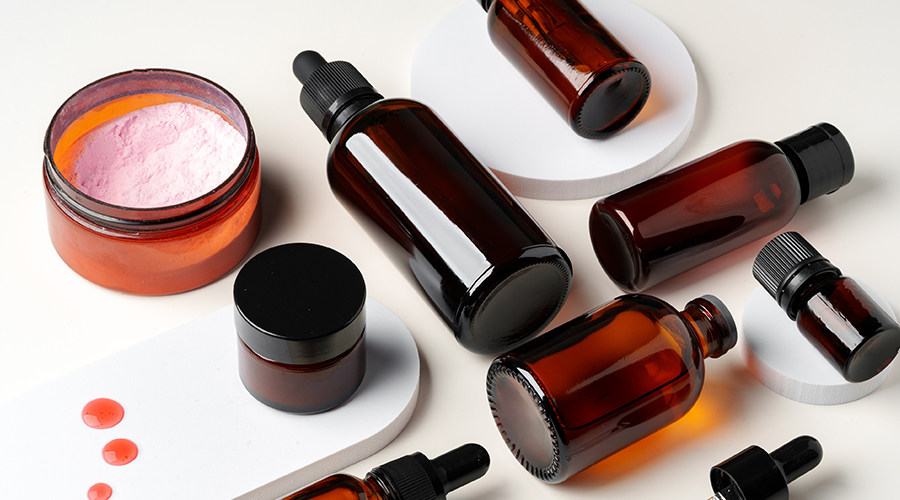
Beauty industry responds as consumers prioritise sustainability and green credentials
5 June 2025

Climate change is shifting the way consumers view the consumption of everyday items. Consumers are now choosing to make the switch to reusable glass bottles, refill sachets of their favourite bathroom soap, and washable fabric pads to remove their makeup. Sustainable consumption is becoming increasingly important to the average consumer and the demand for products that combat the effects of climate change are set to rise as people increasingly want to ‘do their bit’ for the environment.
In 2024, the beauty industry generated approximately 114 billion units of waste, of which only 9% is recycled after use with the rest ending up in landfill sites. Research cites that the reason for this is the complexity of cosmetic packaging, often comprising of multiple materials that are challenging to separate and process. Leading brands are switching up their beauty offerings by utilising recyclable and refillable packaging. Fenty Beauty, for example, now make their packaging from post-consumer recycled materials, thus aligning with the consumer’s eco-conscious values. Other brands are not just focusing on the packaging but also reviewing the ingredients of their products. Chanel’s No.1 de Chanel line features 97% naturally derived ingredients alongside eco-friendly packaging, reflecting the brand’s commitment to reducing its carbon footprint.
To prevent false environmental claims – also called “greenwashing”, – the UK’s Competition and Markets Authority (“CMA”) and the Advertising Standards Authority (“ASA”) are making sure that companies back up any “green” claims with proof. This move helps consumers trust the brands they buy from, which in turn builds brand loyalty.
According to the World Health Organization (“WHO”), 99% of people worldwide live in areas where air pollution is too high. This pollution not only harms health but also affects the skin. Air pollution, traffic, and UV exposure can damage skin cells and speed up ageing. As a result, more people are looking for beauty products that protect their skin from environmental stress. The beauty industry is creating products that work better in hot, humid, or polluted environments. A good example is Fenty Beauty’s Pro Filt’r Soft Matte Foundation, which is designed to resist sweat and humidity, and stay in place longer.
There’s a growing trend for businesses to upcycle ingredients, transforming food and agricultural by-products into effective skincare and haircare products. Not only does this approach reduce waste, but it promotes sustainability in the beauty industry. Leading the way in the UK is “UpCircle,” a brand who are pioneering the way for repurposed ingredients such as used coffee grounds, chai spices, and fruit stones into skincare products. Other brands are using discarded bananas to extract bioactive ingredients rich in antioxidants and vitamins. The innovative approaches taken by these brands is a sign of what’s to come and allow consumers the option to make sustainable choices without compromising on the quality or efficacy of their products.
As consumer behaviour prioritises ecofriendly choices, brands are under pressure to be transparent about their product sourcing, production, and overall impact on the environment. There’s no longer a sole focus on the packaging of products, instead its entire life cycle from sourcing ingredients to production of packaging and post usage is under consumer scrutiny. Accountability methods could include gaining third party certifications to demonstrate responsible sourcing and production of products.
In summary, consumers are actively using their purchasing power to support beauty products and brands that align with environmental sustainability, thereby contributing to the broader fight against climate change










